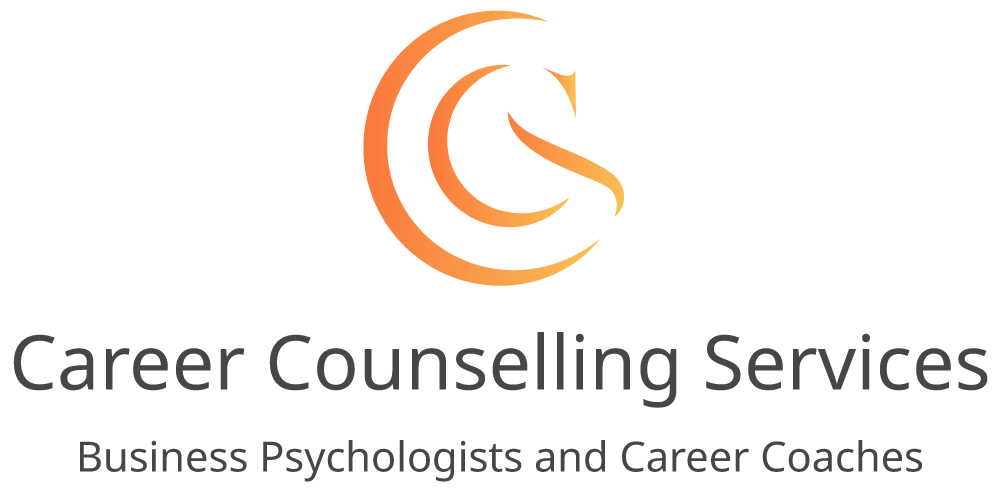I am an NHS doctor with a long-standing interest in training and education. I learnt to coach as another way that I can support the people around me. I use coaching as a way of leading as well as in independent practice, a large proportion of which is coaching for career decisions. The coaching training that I had gave me great skills of listening, questioning and feedback but, when it came to helping others make career decisions, I found myself needing a more structured way to help; non-directive open questions didn’t seem to be enough. I enrolled on the CCS course in order to learn a structured way of helping people identify their next career steps.
I graduated as a CCS licenced career coach in 2021. The training took us through a structured process from discovering a need for career change to identifying the steps to take in a new, desired direction. I learnt a structured framework, and obtained a large number of tools that I can apply, selecting different ones for different contexts. Often people seeking a change in career direction do need a structured process to go though, and CCS training has taught me how to do that to a high standard.
The skills that I learnt though CCS help me structure my coaching when I am approached by someone who is early in their career trying to make career decisions. They are also useful for established doctors seeking to rebalance their careers, move sideways, or make a decision about how to progress next. In addition to using the skills that I learnt from CCS on a one-to-one basis, I have also been invited to share my knowledge of career management at professional meetings, I have applied them when teaching medical students, and I talk about them on my podcast and YouTube channel. It has helped me be an expert on career management, which has helped me progress my independent coaching practice as well as my NHS leadership career.
The best part of career coaching for me is helping others create a successful and meaningful career.

